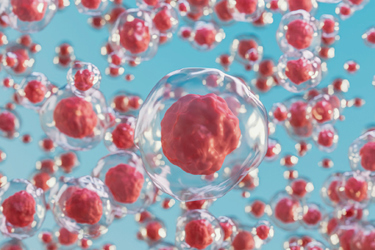Bioprocess Development For Cord Blood MSCs On Microcarriers In Vertical‐Wheel Bioreactors

Mesenchymal stromal cells (MSCs) derived from equine sources hold significant promise for regenerative medicine, particularly in treating orthopedic injuries. Their remarkable differentiation potential and immunomodulatory properties make them ideal candidates for cell-based therapies. However, clinical applications necessitate large cell numbers, a challenge not efficiently addressed by traditional static culture methods like T-flasks. These methods often suffer from limitations in scalability, reproducibility, and control over the cellular microenvironment.
Bioreactor systems, utilizing microcarriers to provide a large surface area for cell attachment and growth, offer a compelling alternative. This approach holds the potential to generate significantly larger numbers of equine cord blood-derived MSCs (eCB-MSCs) compared to traditional T-flask cultures. Furthermore, bioreactor expansion promotes greater reproducibility and homogeneity in the resulting cell populations.
This application note details the optimization of eCB-MSC expansion in bioreactors. We explore key aspects of the process, including the culture of eCB-MSCs within the bioreactor environment, efficient methods for harvesting cells from microcarriers, and a comparative analysis of different microcarrier types to identify those best suited for eCB-MSC expansion.
Get unlimited access to:
Enter your credentials below to log in. Not yet a member of Bioprocess Online? Subscribe today.
